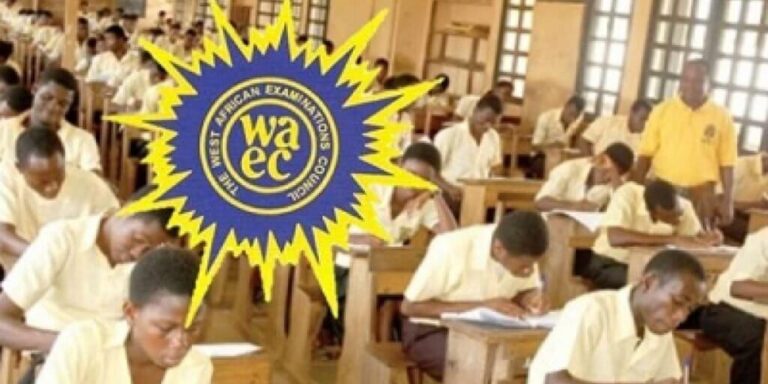The National Association of Proprietors of Private Schools (NAPPS) has rejected as fake a list of schools allegedly involved in malpractice during the 2025 West African Senior School Certificate Examination (WASSCE).
Dr Yomi Otubela, National President of NAPPS, said the list, which circulated shortly after the release of the results, did not originate from the West African Examinations Council (WAEC).
“Thereafter, there was a list made about schools allegedly indicted in the examination for their children to have committed some act of malpractice and a day after, there was a release from WAEC that such information about those allegedly indicted in examination practices never originated from the council,” Otubela said in an interview on Channels Television’s Sunrise Daily programme.
He added, “The council further supported their claim that there is no way a school will have come before the investigation panel committee with the script of the children, knowing well that the script is in favour with the council. So, that made the statement a false statement to start with.”
Otubela urged the public to disregard the list, saying, “Those lists are not facts, they are not true. We are expecting the true list from WAEC, if there is any. The public should discountenance that, as we have interacted with WAEC over that, and no such list exists.”
“The reason for this cannot be far-fetched from the fact that there are a lot of challenges that are facing the education of our country, as it affects the students writing their final year examination.
“Top of the list of these challenges is the fact that we have not paid sufficient attention to the capacity building of our teachers,” he said.
Otubela called for stronger enforcement of education policies, stating, “Putting up policies that will ensure standards is not as important as monitoring and implementing such policies…
“The challenges we have in Nigeria are not about the provision of policies that can take us to the world level. It is the ability to implement these policies without fear or favour.”
He concluded by challenging policymakers to improve supervision, saying, “For schools that are running short of the standard of the policy of education, we want to challenge the policymakers who are in charge of implementation to buckle up their shoes and ensure that the monitoring and supervising department is up to the game.”

